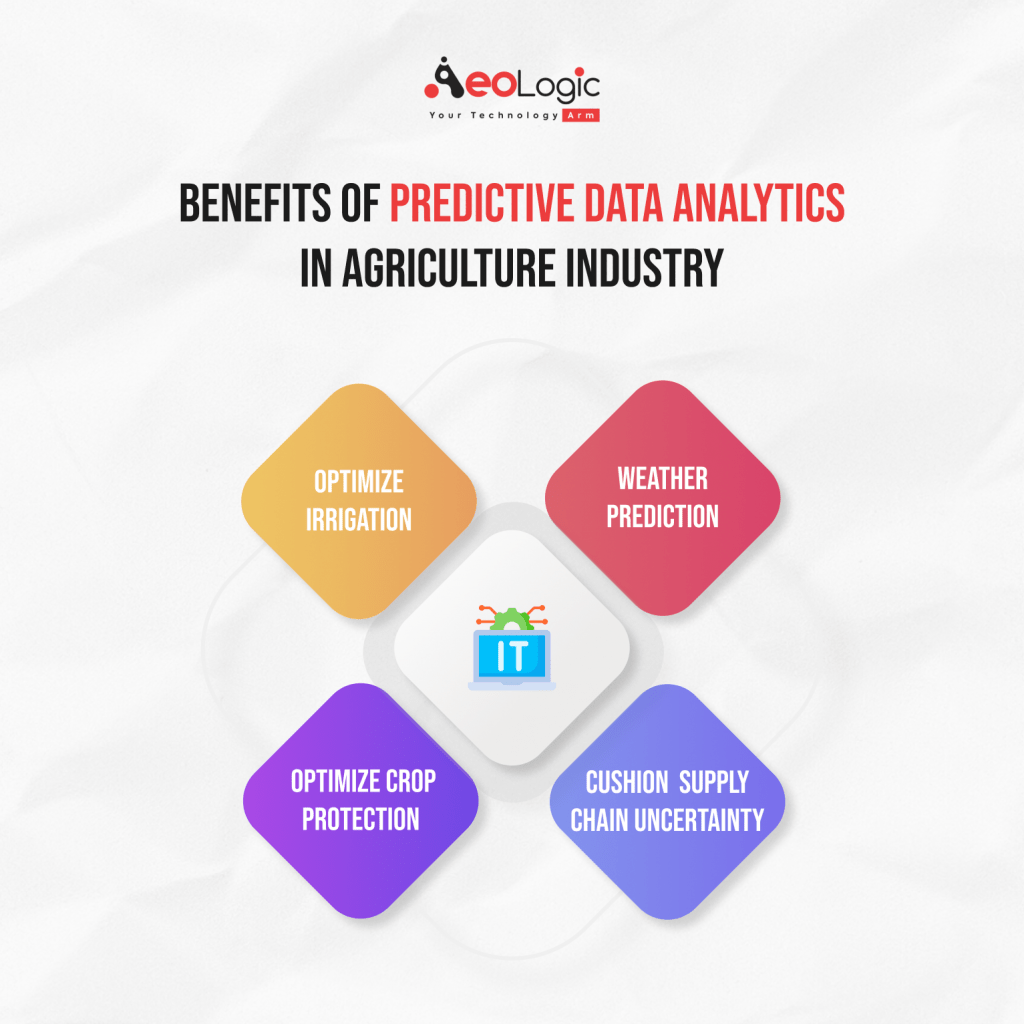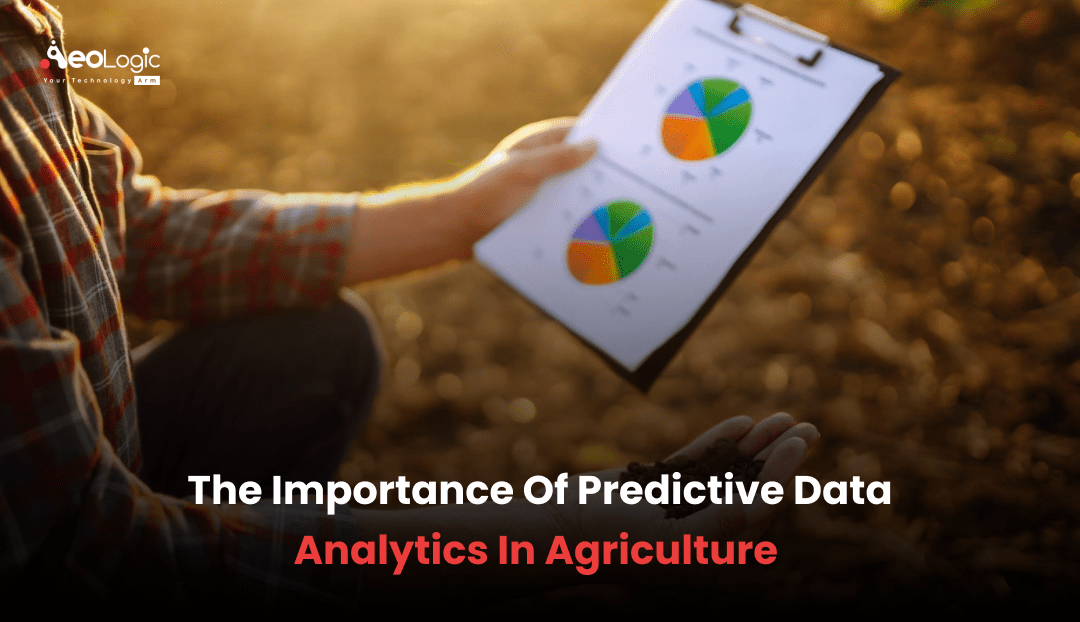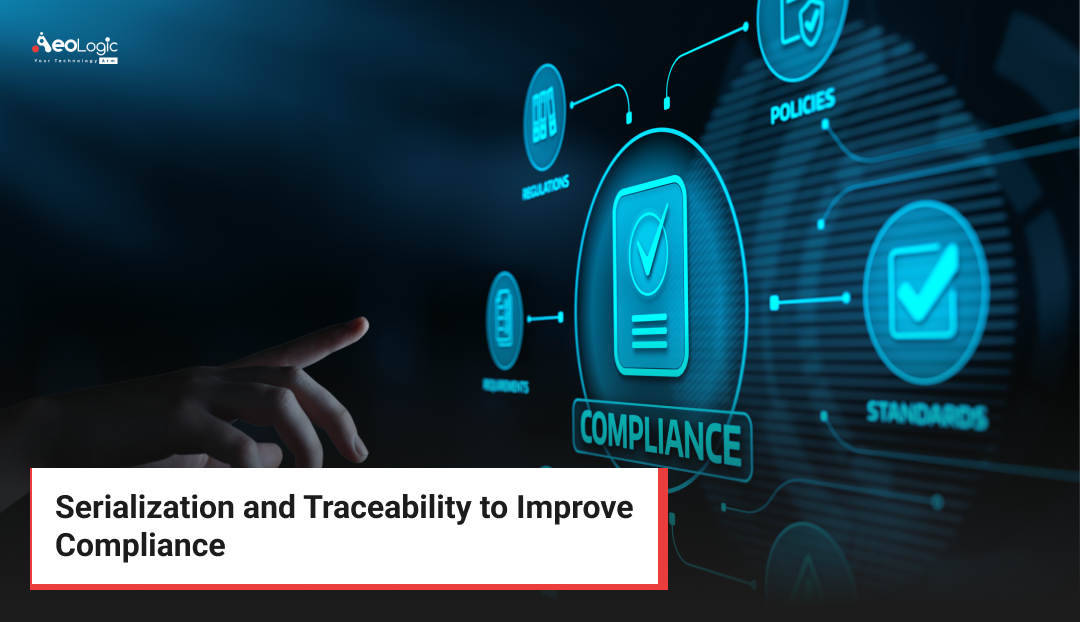The agriculture industry is one of the most vital industries as it feeds the world. With the increasing population at a speedy rate, food demand is also increasing. However, the conventional ways of agriculture processes and the unavailability of proper data related to weather, temperature, soil monitoring, etc do not properly fulfill food demand. Data shows that 20% of the population is suffering extreme food shortages. 30% of children under the age of 5 are suffering acute malnutrition. The death rate in an area has doubled, or two people (or four children) out of every 10,000 people die each day.
Many developed countries have developed many technical tools that prove beneficial for the agriculture industry. Predictive data analytics is one of the tools that have proven a boon for the agriculture industry. The global agriculture analytics market was estimated to be worth USD 1,110.70 million in 2023 and is expected to grow to USD 3,231.80 million by the end of 2032, according to a report released by Zion Market Research. Over the course of the projection period, the market is anticipated to expand at a CAGR of 12.60%.
With predictive data analytics solutions, farmers can get proper data about various aspects of agriculture. That data could be used to make predictions and better decision-making that surely benefit the agriculture industry. In this article, we will see the importance of predictive data analytics in agriculture industry and how this technology can enhance this industry. However, an increase in productivity in the agriculture industry is very important to reduce the starvation rate.
What is Predictive Data Analytics?
Predictive data analytics is defined as an advanced type of data analytics that looks for potential outcomes by asking, “What might happen next?” Predictive and augmented analytics is a subfield of data science for businesses that are growing at the same time as big data systems since more extensive data sets allow for more data mining. This technology can be very crucial in the agriculture industry as it can make an analysis of available data and make possible predictions that will be in favor of an increase in productivity.
Also Read: Monitoring Soil Health And Nutrient Levels With IoT Technology
How Predictive Data Analytics can Enhance the Agriculture Industry?
Predictive data analytics can assist farmers in many ways as by foreseeing problems such as pest infestations, diseases, and extreme weather occurrences by utilizing both historical and real-time data. Proactive measures are made possible by this foresight, which minimizes crop losses and lessens the need for excessive usage of fertilizer or pesticides. Overall, this technology can provide farmers with the best possible outcomes of the conditions with the help of data monitoring by the help of other technologies like IoT, etc. Analysis of data is made possible with the help of artificial intelligence and machine learning which are also responsible for the prediction of outcomes.
Benefits of Predictive Data Analytics in Agriculture Industry

Predictive data analytics is not a new or prototype technology as many agriculture organizations and nations have implemented it. They have gained a lot of benefits with predictive data analytics. Here are a few benefits mentioned of this technology for the agriculture industry.
Optimize Irrigation
Irrigation is one of the most important aspects of agriculture as improper irrigation of crops can degrade the crop quality and productivity. With Predictive data analytics, it is possible to forecast times of crop stress and the ideal watering schedule based on crop growth phases. This helps in the proper optimization of irrigation for the crops and is also very beneficial in saving water.
Weather Prediction
Accurate weather information is very important for crop production as it is very necessary to know which weather will be suitable for which crop. Only data availability cannot predict the weather forecast in the future. However, with predictive data analytics, available data can be used to analyze and make proper predictions related to weather conditions. This will also increase agricultural productivity.
Optimize Crop Protection
Crop protection from various harmful aspects is very important as crops can be degraded by pests, bad quality soil, bad weather conditions, etc. It is very necessary to have proper data and possible outcomes related to these harmful aspects. With predictive data analytics, it is possible to utilize variables like soil characteristics and current weather patterns that are important in forecasting insect and crop disease outbreaks.
Cushion Supply Chain Uncertainty
Weather-related changes in insect behavior, severe storms, droughts, and unpredictable weather all affect the agriculture supply chain. Farmers may prepare for these problems and make decisions based on solid evidence by using data. Predictive data analytics tools can provide future prediction with proper analysis of data that cushion the supply chain uncertainty in negative terms.
Also Read: How IoT Technologies benefits Agriculture all over World
Challenges with Predictive Data Analytics in Agriculture
Undoubtedly, predictive data analytics offers a lot of benefits for the agriculture industry but like other technologies, it also possesses some challenges too. Here are a few challenges mentioned below.
- The Significant upfront costs for sensors, connectivity, and analytics that inhibit adoption by small farms can be a challenge. The initial cost of implementation of this technology is so high that small farms cannot afford it.
- Quality and standardization of data is also a concerning aspect as different data from various sources can create difficulty in analyzing it. This could provide different results with less accuracy. So it could also be a challenge in many cases.
- Finding an organization for the services of quality predictive data analytics is quite a hard task. There are only a few organizations that provide good services in terms of this technology. So it is also a concern.
Also Read: Farmer Centric Solutions for Agriculture Sector in India
Conclusion
Predictive data analytics has the potential to make agriculture a data-driven, managed ecosystem that is more productive, efficient, and sustainable. Farmers that use predictive data analytics, are better prepared for problems like disease outbreaks, pest infestations, and harsh weather. This proactive approach overall minimizes crop losses and lessens the need for excessive usage of fertilizer or pesticides. Making better decisions in the face of growing expectations and unpredictability requires timely and useful insights. Every agricultural farm should implement it and the government should also help farms to implement it as food is necessary for everyone.

I’m Deepika Pandey, an SEO strategist and content writer with 6+ years of experience. I create SEO-friendly content that drives traffic and engages readers. I combine data insights with creativity to help businesses grow their online presence effectively.







